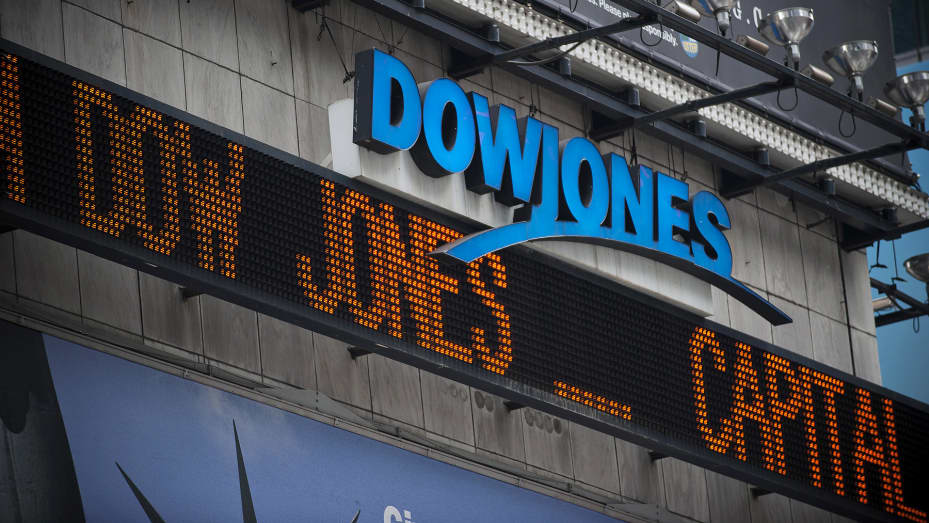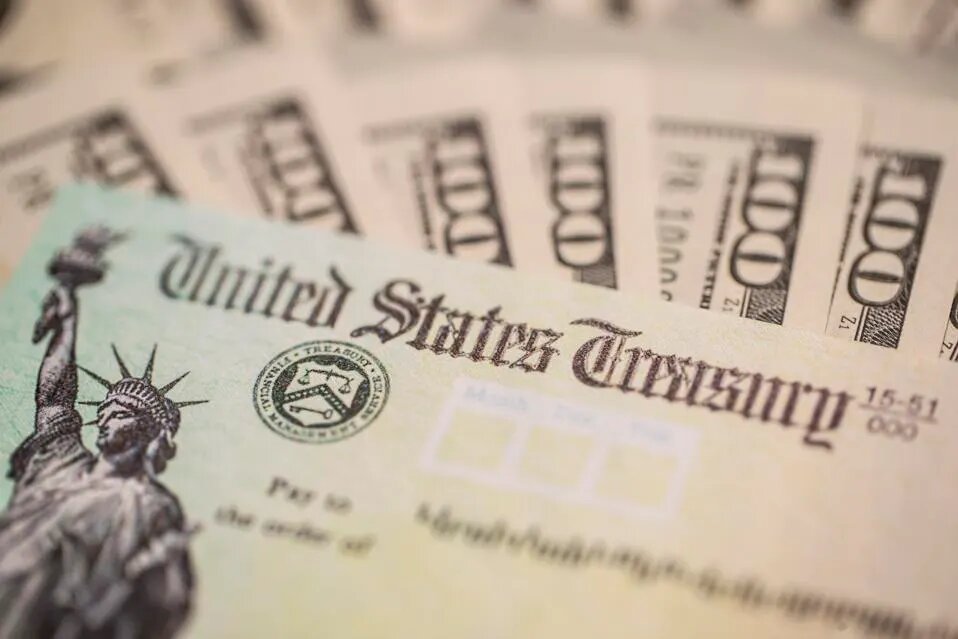U.S. stock indexes showed signs of upward momentum on Thursday, potentially breaking a four-day losing streak for the S&P 500.
By midday trading, the S&P 500 had gained 0.6%, recovering from an initial slight decline. Another downward move would mark its lengthiest losing streak since late October, coinciding with its ascent to record highs.
The Dow Jones Industrial Average saw an increase of 294 points, or 0.8%, by 11 a.m. Eastern time, while the Nasdaq composite edged up by 0.5%.

Elevance Health experienced a 5.5% surge after revising its profit forecast upward for the full year. Homebuilder D.R. Horton also saw a positive trend, rising by 3.5% following a quarterly profit and revenue report that exceeded analysts’ expectations.
However, Equifax faced a setback with a 2.8% decline after reporting weaker revenue than anticipated for the latest quarter. Pressured by high interest rates, its mortgage credit inquiry business took a hit.
Recent struggles in the stock market coincide with rising bond yields, intensifying pressure as investors abandon hopes of multiple interest rate cuts by the Federal Reserve this year.

Yields saw a slight uptick following Thursday’s reports, which continued to depict a stronger-than-expected U.S. economy. Fewer workers applied for unemployment benefits, signaling robustness in the job market despite soaring interest rates.
Additionally, manufacturing growth in the mid-Atlantic region exceeded economists’ expectations, contrary to predictions of contraction. Sales of previously owned U.S. homes also showed resilience, falling less than anticipated.
Such data, coupled with persistent inflation, prompted top Fed officials to suggest a prolonged period of high-interest rates. This shift comes after earlier indications of potential rate cuts by the Fed, which now requires assurance of inflation nearing its 2% target before adjusting rates.
Traders have adjusted expectations accordingly, now forecasting only one or two rate cuts this year compared to initial projections of six or more.

In the bond market, the yield on the 10-year Treasury rose slightly to 4.63%, with the two-year Treasury yield reflecting expectations for Fed action by rising to 4.98%.
Despite market challenges, a strong economy supporting high interest rates offers the potential for robust profit growth.
Companies such as Genuine Parts, reporting stronger-than-expected profits despite low sales growth, exemplify this trend. Likewise, Comerica’s positive profit forecasts for 2024 contributed to a 3.6% increase in its stock.
Alaska Air faced setbacks due to Boeing 737 Max fleet grounding but projected better-than-expected profits for the current quarter, resulting in a 6.2% rise in its stock. Conversely, Las Vegas Sands experienced a 6.8% decline despite surpassing expectations, possibly due to concerns about competition in Macau.
International markets saw modest movement, with European indexes mostly steady after gains in Asia, notably with South Korea’s Kospi leading the region with a 2% jump.
